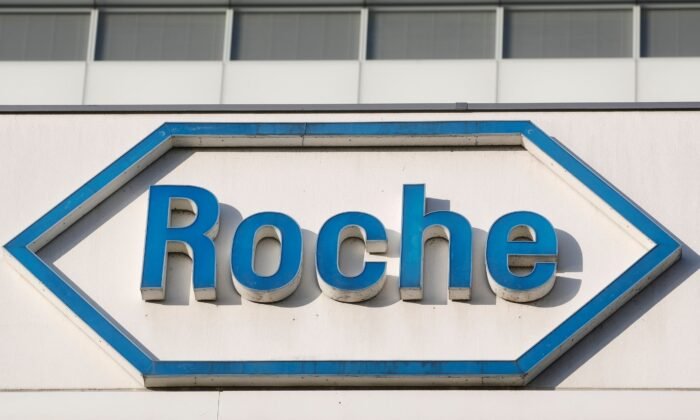NHS to Provide Disease-Modifying Injection for Multiple Sclerosis
Around 9,000 patients could benefit from the treatment, which will replace more time-consuming IV drips used to slow progression of the auto-immune disease.
Multiple sclerosis (MS) patients will be offered a new 10-minute injection which is said to slow the progression of the disease while cutting treatment time in hospital by over 90 percent, NHS England announced on Friday.
Around 9,000 patients in England currently receive the drug ocrelizumab via an infusion that can take four hours, but will now be offered a jab that takes just 10 minutes, following approval from the Medicines and Healthcare products Regulatory Agency (MHRA).
Ocrelizumab, manufactured by Swiss pharmaceutical giants Roche under the brand name Ocrevus, is usually given via twice-yearly via intravenous infusions, which can take up to four hours, but patients will now be able to receive the drug via a twice-yearly injection.
The drug is described as a “disease modifying therapy” for patients with active relapsing or primary progressive MS and targets a specific type of immune cell.
Cause Unknown
MS is an incurable auto-immune neurological condition affecting the central nervous system. It is more common in women and around 135 people across the country are diagnosed with MS every week with an estimated 150,000 individuals living with the disease.
It can affect the brain and spinal cord, causing a wide range of potential symptoms, including problems with vision, mobility, and balance, and can sometimes cause serious disability and psychological symptoms, although it can sometimes be mild.
The NHS said that clinical trials have shown the new injection is as effective as the infusion, with 97 percent of patients experiencing no relapses in their condition and no development of brain lesions over 48 weeks.
The MHRA said that ocrelizumab works by attaching to specific B cells, which are a type of white blood cell that are part of the immune system and play a role in MS. Ocrelizumab targets and removes these specific B cells, reducing inflammation and attacks on the myelin sheaths around nerves, which reduces the chance of having a relapse and slows the progression of the disease.
‘Huge Advance’
Sir Stephen Powis, NHS national medical director, said in a statement: “This new injection will drastically cut the time that regular treatment takes for those living with multiple sclerosis, meaning that thousands of patients can spend less time in hospital while helping free up clinicians’ time to see more patients as well as vital capacity on wards.
“Ocrelizumab has represented a huge advance in care in recent years as the first drug able to change the course of the disease, and we hope this innovative and speedier option will now make another significant difference in improving patients’ quality of life and help thousands avoid longer stints in hospital for treatment.”
Shirley Hopper, deputy director of innovative medicines at the MHRA said in a statement: “Enabling safe access to high quality, safe and effective medical products are key priorities for us.
“We’re assured that the appropriate regulatory standards of safety, quality and effectiveness for the approval of this new formulation have been met.
“As with all products, we will keep its safety under close review.”
There are three main types of MS, and around 85 percent of those who suffer from the condition have relapsing remitting MS and experience episodic attacks of symptoms.
Approximately 10–15 percent of patients have primary progressive MS, where symptoms gradually worsen and accumulate over several years with no periods of remission.
Secondary progressive MS is a stage of the disease which comes after the relapsing remitting phase, but this can be kept at bay by disease modifying therapies.
Ceri Smith, head of policy at the MS Society, said in a statement: “We welcome the decision to license injections as a new method of delivering ocrelizumab (Ocrevus). Over 150,000 people live with MS in the UK, and many of them rely on disease modifying treatments like ocrelizumab to help reduce MS relapses.
“This method will expand the choices available to many MS patients and will mean more people can receive this treatment in a way that suits them.”
Vaccine Research Ongoing
Ocrelizumab was first approved by the National Institute for Health and Care Excellence for relapsing remitting MS in 2018, with further approval for primary progression MS in 2019.
Scientists at BioNTech, the company that developed the mRNA COVID-19 jab in conjunction with Pfizer, announced in 2021 it had developed a vaccine which it claimed cures MS in mice. This has not yet been approved and research is ongoing.





